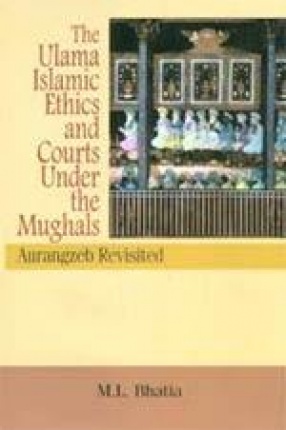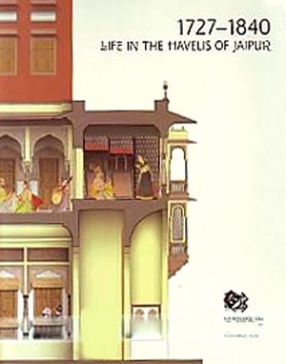The two decades following 1885 constitute a germinal period in the history of Modern India. The general upsurge in the wake of nineteenth century renaissance began to express itself passionately in animated discussions and in the formation of political associations of which the Indian National Congress was a manifestation. The consequent release and interaction of such diverse forces as imperialism and independence, nationalism and separatism, obscurantism and enlightenment, moderation and extremism let to a strange alignment of political forces that have shaped India’s political destiny. Besides depicting the variegated hues of this eventful period, the present study breaks new ground by analysing the hopes and aspirations of the people as reflected in the contemporary press. In the age of manually operated printing machines, journalism was so to say a cottage industry of the intelligentsia which had perceived the potentialities of this medium as a disseminator of views. After Ripon’s repeal of the Vernacular Press Act, the development of press was so phenomenal that newspapers, more than any other institution, were reverberating the throbbing pulse of Vivekananda’s age. This projection of the fourth estate adds a new dimension to the study, and, at the same time rescues from oblivion of the role of journalists (many of whom belonged to the vernacular press) who nourished nationalism at the grass roots and widened the base of freedom struggle. Events like the mass upheaval at the partition of Bengal, the Surat split in the Congress, the foundation of the All India Muslim League, legislative and constitutional reforms and the development of Paramountcy can be viewed in a new perspective.
The Ulama, Islamic Ethics and Courts Under the Mughals: Aurangzeb Revisited
Under the Mughals, the ...
$32.40
$36.00




There are no reviews yet.